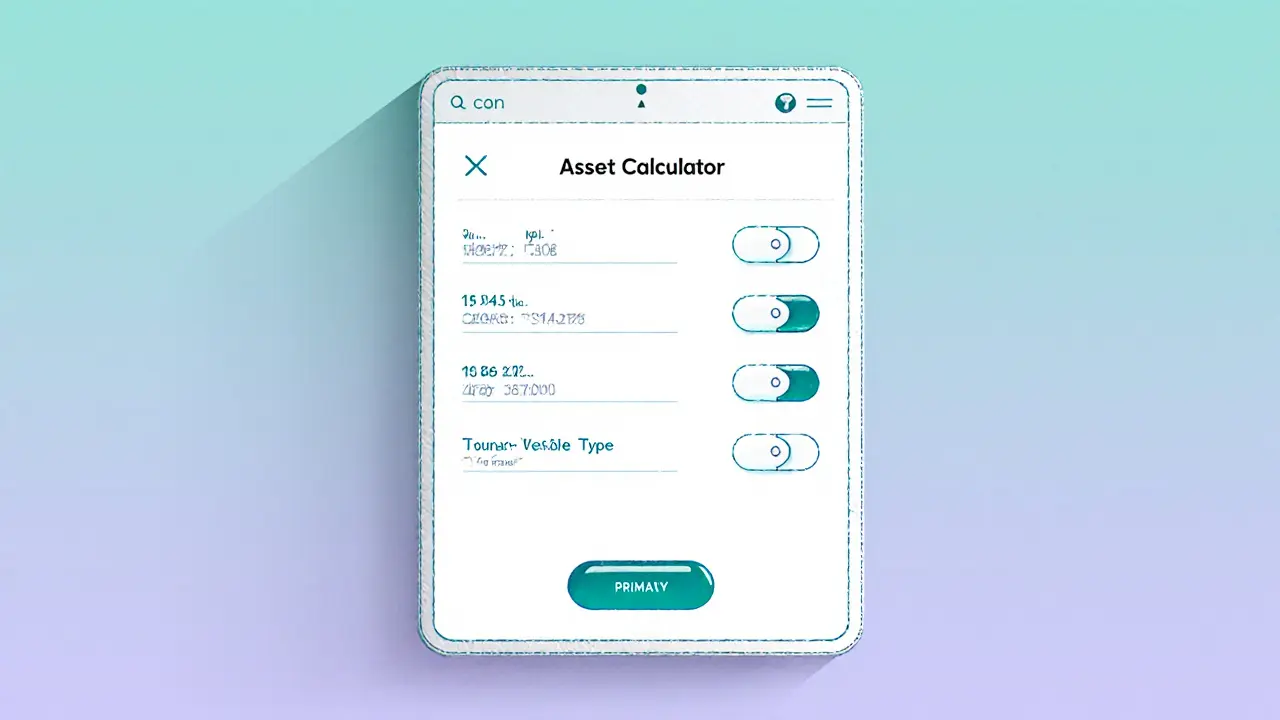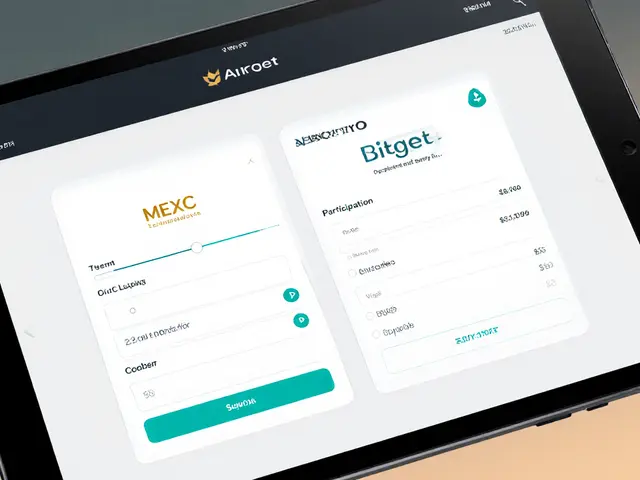Cryptocurrency Capital Gains: What You Need to Know
When dealing with Cryptocurrency Capital Gains, the profit realized when a digital currency is sold or exchanged for more than its acquisition cost. Also known as crypto gains, it triggers tax liability in most jurisdictions. A Taxable Event, any crypto transaction that creates a tax obligation, such as selling, swapping, or using coins for purchases starts the calculation, while the Cost Basis, the original amount paid for the crypto, plus any fees determines the taxable profit. Understanding cryptocurrency capital gains is crucial because it directly influences how much you owe and which forms you must file.
How Tax Reporting Connects to Capital Gains
The next piece of the puzzle is Tax Reporting, the process of documenting and submitting your crypto income to tax authorities. In the United States, the IRS treats crypto like property, so each taxable event generates a capital gain or loss. The capital gains tax rate you pay depends on how long you held the asset: short‑term rates match ordinary income, while long‑term rates are lower after a year of holding. This relationship means that accurate record‑keeping of dates, amounts, and counterparties is non‑negotiable. Missed or mis‑categorized events can lead to penalties, and the IRS increasingly audits crypto wallets. Therefore, linking every taxable event to its cost basis forms the backbone of compliant reporting.
Most traders rely on dedicated Tax Software, tools that import exchange data, calculate gains, and generate required tax forms to stay on top of their obligations. Popular options can pull CSVs from dozens of platforms, automatically match buys and sells, and produce a Form 8949 ready for filing. Beyond software, good tax planning habits—like harvesting losses, holding for longer periods, or using crypto‑friendly jurisdictions—can shave a significant chunk off your bill. The key takeaway: the better your data pipeline, the more you can optimize your tax outcome. Remember, each strategy still hinges on the core concepts of taxable events, cost basis, and accurate reporting.
Below you’ll find a hand‑picked selection of articles that break down these ideas even further. From detailed coin‑specific tax implications to exchange reviews, from how mining income fits into your gains to country‑by‑country regulatory snapshots, the list covers the full spectrum of crypto tax concerns. Dive in to get practical tips, real‑world examples, and step‑by‑step guides that will help you navigate cryptocurrency capital gains with confidence.
Understanding Spot Trading Tax Treatment in the US (2025 Update)
Learn how the US taxes forex spot trades versus cryptocurrency spot trades, the forms you need, and practical strategies to stay compliant in 2025.
View More




